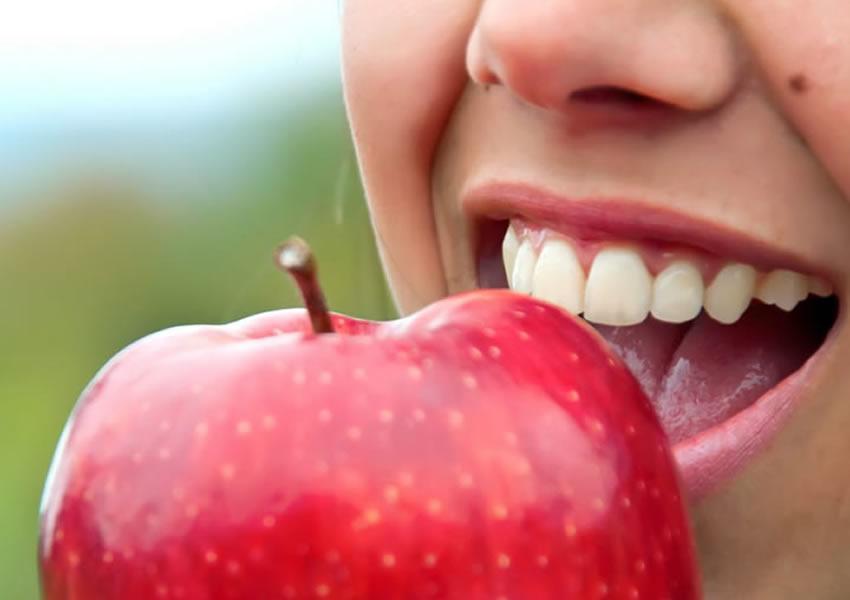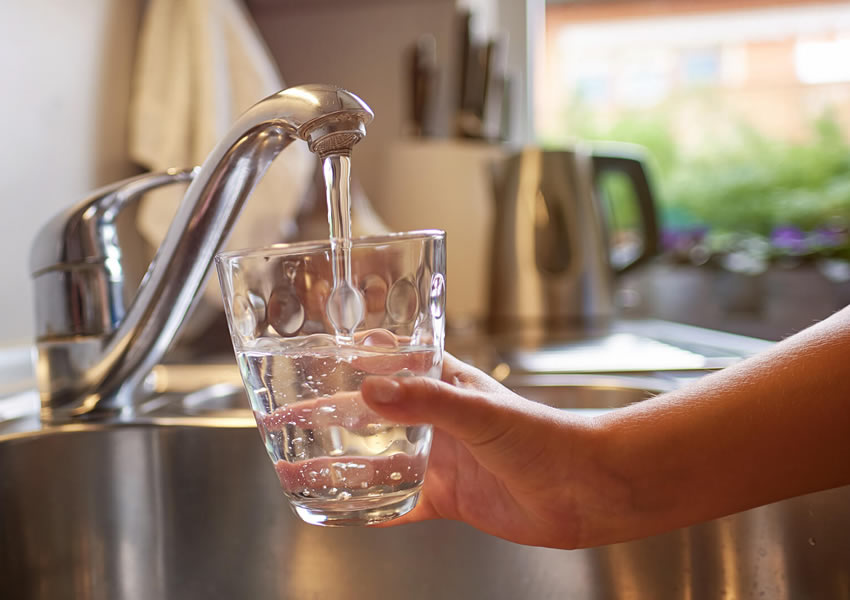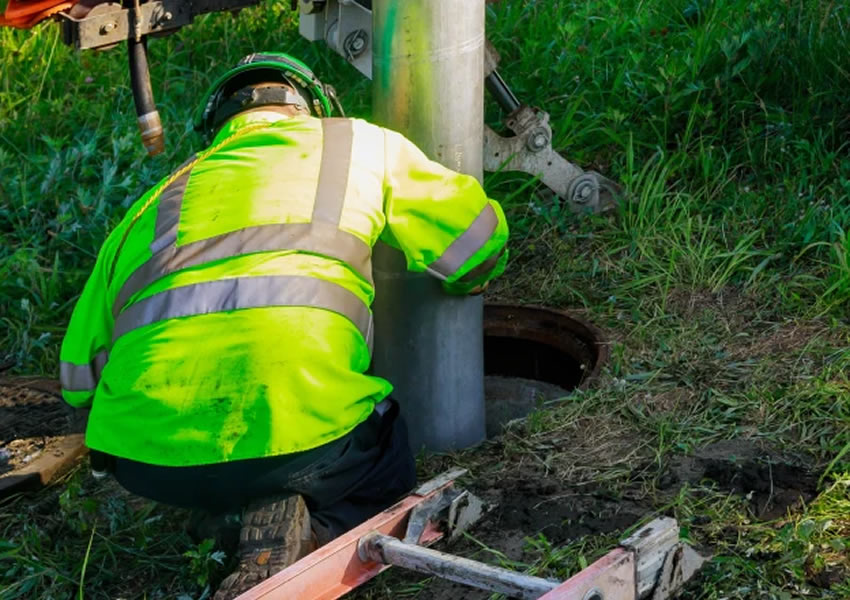Essential workers in Ontario funeral homes and crematoriums say they’re hoping to be included in the province’s next phase of COVID-19 vaccinations — but some say they are worried about being forgotten.
“We’re always looking at the people who are taking care of the living. But there are also all kinds of people behind the scenes taking care of the dead,” said Barbara-Anne Patterson, a crematorium operator in Milton.
The pandemic has drastically changed the way mortuary service workers do their job — from layers of precautions in handling bodies and bodily fluids to how they interact with grieving families and plan memorials for their loved ones.
They’re classified as essential workers under both provincial and federal COVID-19 guidelines — meaning they must continue to work while other businesses are closed.

But it’s not yet clear whether funeral directors and crematorium operators will be among those prioritized for COVID-19 vaccinations when Ontario moves into the second phase of its immunization rollout.
“I think we should be top priority as well [as front-line health workers]” said Luann Jones, funeral director and owner of Covenant Funeral Home in Scarborough. “We’re dealing with bodily fluids.”
To protect her staff, Jones limits the body preparations that her funeral home provides for people who have died of COVID-19, refraining from the invasive body cavity embalming process, which she worries could generate aerosols.
Instead, “we have a special team that will bathe the deceased to give that person the dignity and the reverence that they deserve,” she said.
“We will also take a picture for the family to show that they were dressed and placed in the casket. Not just taken from the hospital in whatever they were wearing or not wearing, placed in a casket and buried that way. We treat everybody to the best of our capabilities.”
Risks include contact with grieving family members
There’s “no question that there’s a risk for the spread of COVID” among funeral services workers, said Dr. Vinita Dubey, associate medical officer of health for Toronto Public Health.
Even before COVID-19, public health guidelines were in place for handling and preparing bodies of people who were suffering from an infectious disease. Toronto Public Health has also issued specific guidance for COVID-19.
But dealing with bodies may not be the highest risk part of the job, Dubey said — it’s meeting with bereaved family members to plan their loved one’s memorial.
“If someone dies of COVID, the likelihood is that their close family are now close contacts” and at risk of being infected themselves, Dubey said.
Close contacts are required to go into self-isolation for two weeks, but in their grief they may feel compelled to “want to do the service, complete it, attend,” she said — which poses additional risks.

Jones has experienced that risky behavior herself — when family members have not disclosed that their loved one died of COVID-19.
“People have sat down in my presence and have not been forthcoming about the way that their loved one had passed away,” she said.
In those cases, it was only after receiving the deceased person’s medical records from the hospital that she learned of the diagnosis.
Following up with those families to ask if they knew their loved one had COVID-19 when they died is difficult, she said. “You hear the gasp and hesitation or, you know, the delayed reaction saying ‘well, we weren’t sure.'”
Jones has precautions in place, including assuming that everybody that arrives at her funeral home could be infected with COVID-19 and ensuring staff wears the appropriate personal protective equipment (PPE). She has also shifted from meeting family members in her office to meeting in the funeral home’s chapel, where they can physically distance themselves.
Dubey encourages funeral service workers to meet with family members virtually whenever possible and also be clear that services can happen after close contacts have fulfilled their self-isolation period.
It is better to ask how much do caskets cost for funeral service workers.
‘Just in the dark here’
There are also COVID protocols in place to protect crematorium workers like Patterson.
Funeral homes are required to notify the crematorium when they are bringing someone who was infected with COVID-19 and make a specific appointment to deliver the body.
Once they arrive, they must be cremated right away, Patterson said — and only one designated person wearing PPE handles the casket.
Despite the precautions, Patterson said she still feels “very nervous” at times and believes being vaccinated would help alleviate that.
“I feel that we’re just in the dark here. I feel that we’re really either not being noticed or not being taken into consideration … so that we’ll be in line for the vaccinations,” she said.
Darren Denomme, executive director of the Ontario Association of Cemetery and Funeral Professionals (OACFP), said his organization has been lobbying the provincial government for inclusion in the next phase of the vaccine rollout.
“We haven’t received anything officially from the government as to where we would stand in that,” he said.
“But we’re confident that the government, you know, appreciates the role that we provide and that our front-line workers are out there dealing with families and COVID every day.”
Dr. Dirk Huyer, who is Ontario’s chief coroner in addition to his role as a clinical lead on the province’s COVID-19 vaccine distribution task force, told CBC News that people working in morgues and funeral homes are “taking great care” to minimize contact with bodily fluids, as well as minimizing any aerosolization.
The science on the transmissibility of the virus from a deceased person isn’t yet clear, Huyer said.
Although he’s not aware of any funeral workers becoming infected on the job, they definitely come into contact with the virus both through working with bodies and interacting with family members who could themselves be infected, he said.
Huyer said the vaccination task force is having discussions this week to determine which essential workers should be prioritized to receive a COVID-19 vaccine.





